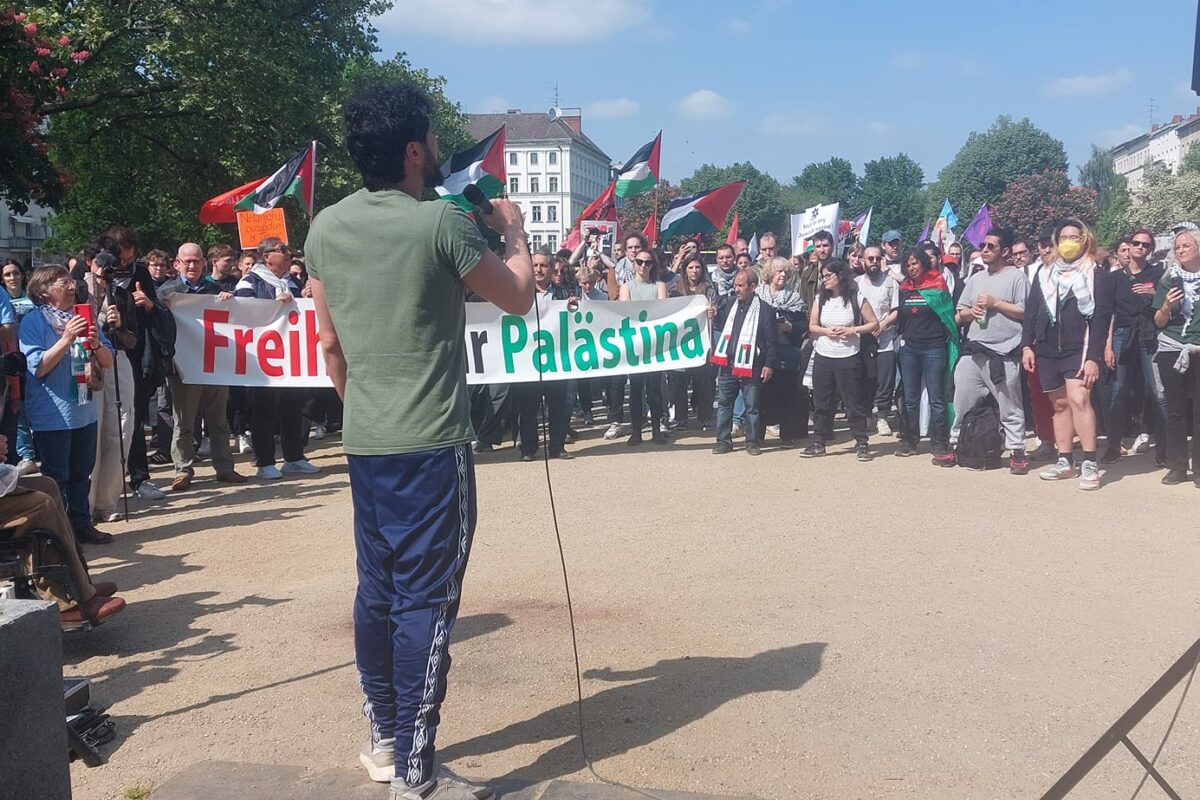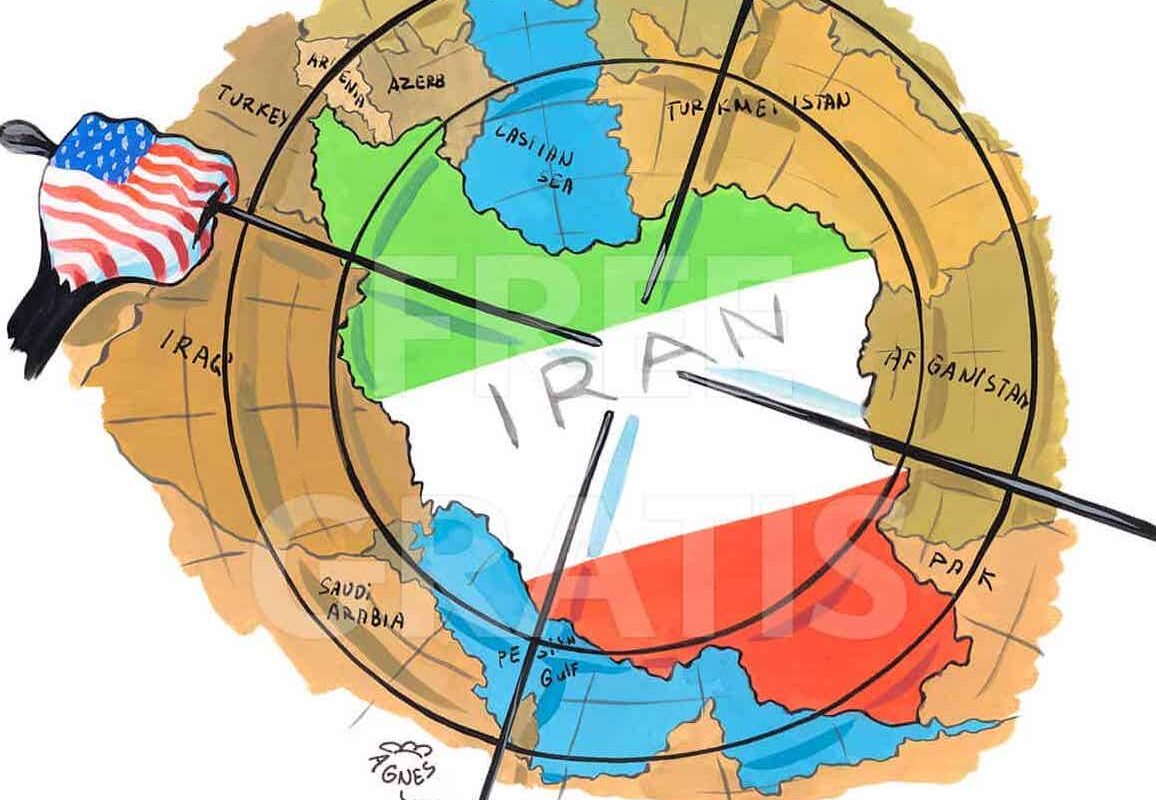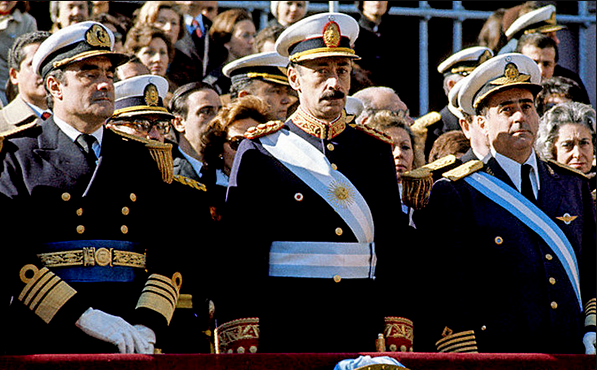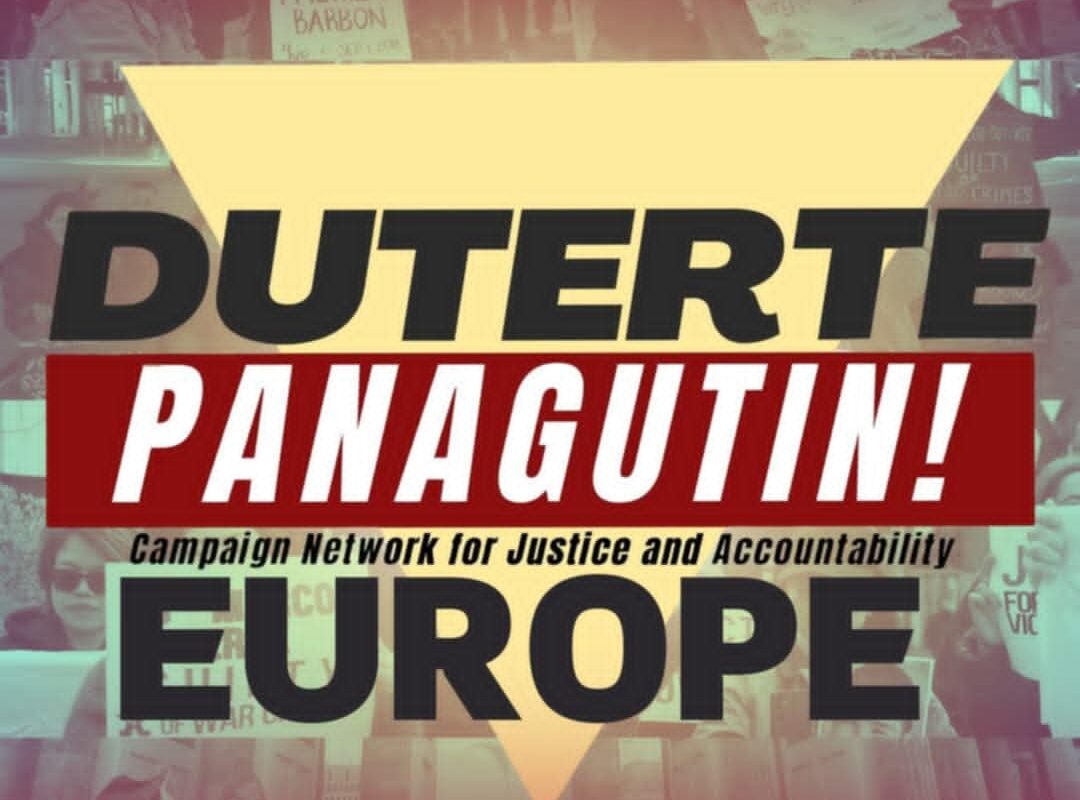Thank you, Udi, for talking to us. Could you start by briefly introducing yourself?
Thank you for inviting me for the interview. My name is Udi Raz, and I’m sitting here in relation to the demonstration that took place on Saturday the 20th of May, last Saturday. I was there as a board member of Jüdische Stimme für Gerechte Frieden im Nahost (Jewish Voice for a Just Peace in the Middle East), which is a registered organisation here in Germany.
Why did the Jüdische Stimme call the rally last Saturday?
We called the rally to commemorate 75 years of the ongoing Nakba. That started in 1948, or 1947, depending on how we look at it, but according to popular narratives this is the 75th year.
As Jewish Berliners, we wanted to create room for ourselves to also engage in this commemoration. We are deeply involved, both as an organization and as individuals, with ongoing traumas that are inherent to this process of the ongoing Nakba — of the oppression of Palestinians by Zionists in Palestine.
We called this demonstration as one of many similar demonstrations around the same time. In Berlin, specifically, there are many different organizations which all have their own way of commemorating the Nakba. We were one organisation among many.
After the event, reading some of the press coverage, some of the things reported are quite incredible. The general tone which is being pushed by the press and by the police is that you were having your peaceful Jewish demonstration, then a load of Palestinians came up, took over your demonstration, and started shouting antisemitic slogans.
Let’s take these allegations one by one. Firstly, what about the charge that your demo was taken over by Palestinians?
The police came to us during the demonstration and said that if we saw anybody in this crowd who might threaten our physical well-being, we should report them. We never went to the police with such an accusation against any of the participants of the demonstration.
While the speeches were taking place, the police came to us again and asked us about a specific group of people who were standing together. They asked if we were interested in excluding them from the demonstration. Again, we very clearly said “No, we don’t want anybody to be excluded from the demonstration”. We did not feel that anybody was annoying us or taking over the space of our demonstration.
The police, of course, were not happy with this answer. In reaction, they decided to exclude these people from our demonstration against our will and against our recommendation.
Why did the police think that you might not want these people at your rally?
I believe that the police thought that certain chants that they were shouting could be intimidating, specifically: “From the river to the sea, Palestine will be free”. We as an organization have no problem with this chant. We don’t perceive it as antisemitic. Apparently, the police do not agree.
What does the slogan “From the river to the sea” mean to you?
We, as organisation, stand behind the logic that demands freedom to anyone between the Jordan River and the Mediterranean Sea. This includes equal legal rights. Look, I grew up in Haifa. From an early age the extent of segregation between the Palestinian and the Jewish population of the city was very clear to me. During my 12 years in the Zionist state-education system, I only once met a Palestinian individual whom I could also call a classmate. It is crystal clear to me that this is an outcome of an exclusionary governing system. You see, in the West Bank and in Gaza, the governing system of the Zionist regime is deadly to Palestinians. This is also why there is urgency here. Discussing whether this or that is antisemitic or not is important, but it cannot come at the cost of failing to discuss the ongoing violations of human rights by Zionists in Palestine, or of discussing the Nakba. And it cannot come at the cost of basic democratic rights here in Germany.
And yet there are people in Germany who construe this slogan as antisemitic. How could that be?
In order to grasp how this chant could be understood as antisemitic, we need to go back to the IHRA definition of antisemitism. According to this definition, any kind of criticism of the legitimacy of the State of Israel to operate as a racist state, is antisemitic.
As a result of this, anybody who resists this racist framework is perceived by many Germans as being antisemitic.
Let’s go back to the press reports. Several reports, including from the left-liberal Taz, say that there were antisemitic statements from the rally which you organised. Some reports refer to the “from the river to the sea” chant, but most of them offer no evidence at all.
You weren’t there till the very end, but there were plenty of people from the Jüdische Stimme and Palestinians throughout the rally. Has anyone who you’ve talked to reported experiencing any antisemitism?
I haven’t heard of anyone experiencing antisemitism. I haven’t heard of anyone witnessing antisemitism except the police who argued that this chant could be antisemitic.
Has the Jüdische Stimme decided how you want to react to this press coverage? These are severe allegations. Several newspapers, including liberal newspapers, are accusing you of indulging antisemitism in your rally.
Thank you for this question. We have just issued an official statement which breaks down this media coverage. As you say, even “liberal” platforms reported what happened from a very distorted perspective.
We, as a democratic society, cannot allow this. We must insist that the press has a responsibility to at least report what happened and not to invent their own reality according to mainstream, racist ideology.
This is the second year running that demonstrations commemorating the Nakba have been banned in Berlin. Some have been allowed to take place in other German cities, but in Berlin there has been a blanket ban. Why Berlin?
I also asked myself this question. I really don’t know. I believe it has something to do with Germans trying to come to terms with their own past, with their own crimes against humanity, by projecting it onto Palestinians, and not being able to perceive the world from the perspective of people who suffer exactly under this condition.
Germany is willing to unconditionally support Israel, without even showing any regard to what Israel is doing. Israel has the most right-wing extremist government ever, and Germany doesn’t seem to be bothered by that.
But the right wing, extremist government that Israel has at the moment is only the tip of the inherently racist, Orientalist, and colonialist iceberg. It is just hard to believe that we’re talking here about Germany. where one of the main national narratives is that the Holocaust should serve as an important lesson to anyone who lives in a post-Holocaust world.
I understand that many Germans wish to come to terms with what they perceive as their past. But in the current situation, Palestinians are often marked as a problem in Germany’s project of coming to terms with it’s past. Germany’s unconditional siding with Israel means for many Palestinians being subjected to structural and arbitrary discrimination, arrests, death, and other ongoing violations of human rights. In this sense, Germany must free Palestinians from its guilt.
At the moment, we’re experiencing two things which are coming together. On the one hand, there is what people call Germany’s Palestine problem, which is in reality the Palestinians’ Germany problem. On the other, police are being used against different groups, not just Palestinians.
There is increased police violence against environmental protesters, and more attacks on the 1st of May demonstrations. Does this increased criminalisation of protest provide an opportunity for the different groups who are being attacked to come together?
It’s exactly the ridiculousness that is inherent to the strategy of the ruling ideology which is making us fight back. And “we” are diverse. Look at the demonstration from Saturday. There were people from such a variety of cultural backgrounds, different life stories, even different ideologies and understandings of what a just solution could look like.
So there is no “us” in the sense that we speak in one voice, but there is an “us” as different groups, different individuals who understand what the problem is, and where the problem lies, namely in the structure that rules us, that makes us into this imagined unified group.
Within this unified group, what is the contribution of the Jüdische Stimme? And what are you planning to do next?
First and foremost, it is important to stress that we act as human being who see also Palestinians as human beings. As Jews, we understand that the general discourse of in Germany includes a coming to terms with the subject of Jewishness. As part of this discourse, we have something to say. But so do other Jews with different opinions. Many Jews in the public sphere in Germany translate their subjectivity as Jews into some sort of capital. It is by no mean a phenomenon inherent to Jewishness. It characterises rather the essence of identity politics, that is prevalent also in Germany. We are one of the many, many Jewish individuals and groups who speak as Jews in a very specific political environment.
It was interesting that at the quote-unquote “antisemitic” demonstration, the first two people I saw being arrested were Jewish. I believe that the rally organiser is being charged with assaulting a police officer, and the artist Adam Broomberg, who grew up in apartheid South Africa, was also brutally attacked by police. It seems that the German police are attacking Jews in the name of defending Judaism.
That’s it. It’s a ridiculous situation. The Berlin Police does not protect Jews as such. On the contrary, as we saw on Saturday, the fight against antisemitism as led by the Berlin Police is dangerous for Jews.
What happens now? It seems that some people have been charged, and others haven’t. What can people do to support those who were arrested? How can we ensure that we can demonstrate in Berlin again?
I think that it’s important to anyone who is interested in what’s going on and how to get more involved that they follow the different channels that provide information — theleftberlin website for example. You can also subscribe to our Newsletter, and connect with us and with people around you. Know that you are part of a big movement, a huge movement that is getting ever bigger. Among us are professionals who specialise in providing legal support, managing public relations, administrators, artists, students, and the list goes on. Everyone who is willing to be part of this movement for a just peace in Palestine must know that they’re not alone. Precisely because the ruling power is so overwhelming, sometimes it feels that voices such as ours cannot be shared or are not allowed to be heard. This is exactly the wrong lesson, not only from history, but also from the demonstration that happened on Saturday.
Our message is that we need to stay connected and network together. This doesn’t mean that we need to think the same. But we have a huge problem in Germany, and that problem is called Germany.
One final question. How do people find out more about what Jüdische Stimme is doing?
They can go to our Website, register for our mailing list, follow us on facebook and Instagram and write us e-mails. We are here. We are happy to get to know new people who are interested in coming together.




